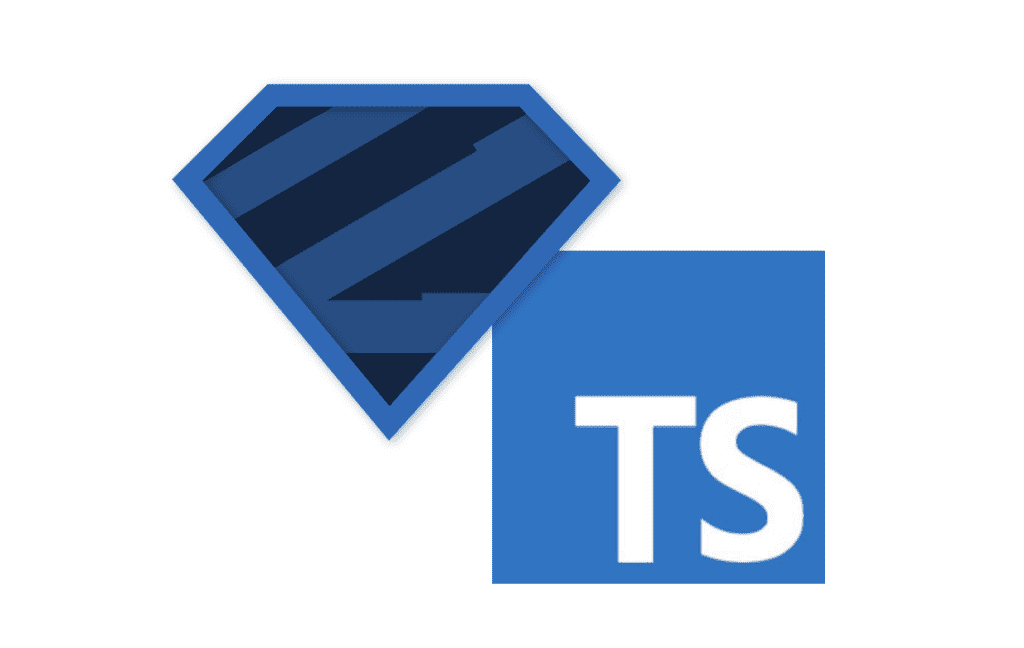
JavaScript, while incredibly versatile, lacks a strict type system, which can lead to bugs and unexpected behavior in large codebases. To address this issue, TypeScript emerged as a popular solution, offering static typing and enhanced developer tooling. But TypeScript’s type checking is only as effective as the accuracy of its type annotations. This is where libraries like Zod come into play, providing runtime validation that complements TypeScript’s static checks. In this article, we’ll delve into TypeScript and Zod, exploring how their combination can elevate your development experience and lead to more reliable code.
Understanding TypeScript
TypeScript is a statically typed superset of JavaScript that adds optional static types to the language. It compiles down to plain JavaScript, which means that TypeScript code can be run in any JavaScript environment. The primary benefit of TypeScript lies in its ability to catch type-related errors at compile time, long before the code runs. This leads to reduced runtime errors, better code documentation, and improved developer productivity. To learn more about Typescript visit here.
Introducing Zod
While TypeScript’s static type system is robust, it’s still possible for data validation issues to occur at runtime. This is where Zod comes into play. Zod is a powerful runtime validation library that focuses on ensuring data integrity and type correctness during runtime. It’s designed to work seamlessly with TypeScript, providing an extra layer of confidence beyond static typing.
Key Features of Zod
- Declarative Schema Definition: Zod allows developers to define schemas that specify the shape and validation rules for data. These schemas can be composed, reused, and easily understood, promoting code clarity.
- Runtime Validation: Unlike TypeScript’s static type checking, Zod performs runtime validation of data based on the defined schemas. This guards against invalid or unexpected data entering your application.
- Custom Error Messages: Zod enables developers to customize error messages for different validation failures, making it easier to identify and fix issues.
- Type Generation: Zod can generate TypeScript types from its schema definitions, ensuring that the runtime validation logic and the TypeScript type annotations stay in sync.
- Async Validation: Zod supports asynchronous validation, allowing you to validate data that depends on asynchronous operations, such as network requests.
Use cases for Zod
- Data Validation: Zod allows you to define validation rules for data objects. You can specify what types of values are allowed, their formats, and other constraints. This ensures that the data you’re working with conforms to your expectations.
- API Data Parsing: When you’re consuming data from APIs, you often need to ensure that the received data matches your expected schema. Zod can help you validate and parse incoming API responses, making sure they meet your requirements.
- Form Validation: In frontend applications, you often need to validate user inputs from forms. Zod can be used to validate and sanitize user-provided data, ensuring that it’s in the correct format before submitting it.
- Input Validation: If you’re building backend services, you’ll want to validate incoming requests to ensure they are properly structured and contain the required data. Zod can help with input validation and sanitization.
- Data Transformation: Zod not only validates data but also allows you to manipulate it while keeping the type safety intact. You can transform and modify data according to your needs.
- Serialization and Deserialization: Zod can assist in serializing your structured data into a format suitable for storage or transmission and then deserializing it back into structured data when needed.
- GraphQL Schema Validation: If you’re working with GraphQL, Zod can help you define and validate your GraphQL schemas, ensuring that your resolvers return data in the expected format.
The Power of TypeScript and Zod Together
Individually, TypeScript and Zod offer valuable benefits for type safety and runtime validation. However, when combined, they provide a comprehensive solution for ensuring the correctness of your codebase at both compile time and runtime.
Seamless Integration
Since both TypeScript and Zod are designed to work well together, integrating them into your project is a straightforward process. You can define TypeScript types for your Zod schemas, ensuring that the types you use in your code match the expected data structures defined by your validation rules.
import { z } from "zod";
const userSchema = z.object({
id: z.number(),
name: z.string(),
email: z.string().email(),
});
type User = z.infer<typeof userSchema>;In this example, the User type is generated from the userSchema Zod schema, ensuring that the TypeScript type aligns with the expected user data structure. As seen above, this was done using z.infer.
Catching Errors Early
TypeScript’s static type checking catches many errors during development, but it can’t account for all potential runtime issues. Zod steps in to fill this gap by providing runtime validation. This means that even if your TypeScript types are correct, Zod ensures that the actual data adheres to the specified rules.
import { z } from "zod";
// Define the Zod schema for user data
const userSchema = z.object({
id: z.number(),
name: z.string(),
email: z.string().email(), // Email format validation
});
type User = z.infer<typeof userSchema>;
// Function to handle user data validation
function validateUserData(userData: unknown): User {
try {
return userSchema.parse(userData) as User;
} catch (error) {
// If validation fails, throw a more descriptive error
if (error instanceof z.ZodError) {
const errorMessage = `Validation error: ${error.issues
.map((issue) => issue.message)
.join(", ")}`;
throw new Error(errorMessage);
}
throw error; // Re-throw other types of errors
}
}
// Example usage
const userData = {
id: 1,
name: "John Doe",
email: "john@example", // Invalid email format
};
try {
const validatedUser = validateUserData(userData);
console.log("Valid user:", validatedUser);
} catch (error) {
console.error(error.message);
}The example above shows the usage of Zod’s string-specific validation method email() which ensures the string takes a valid email format. Zod provides a lot more helpful validation methods, not only for strings, but also for numbers, dates, objects and more. Visit their documentation to learn more.
Enhancing Developer Confidence
By using TypeScript and Zod together, you gain confidence in your codebase’s integrity. You know that the types are accurate thanks to TypeScript, and you’re also assured that the data adheres to the expected structure and rules due to Zod’s runtime validation.
Improving Code Readability
Zod’s declarative schema definitions make your code more readable and understandable. Instead of scattering validation logic throughout your codebase, you can centralize it within Zod schemas, making it easier for developers to grasp the data validation rules.
Best Practices for Using TypeScript and Zod
While TypeScript and Zod offer significant advantages, it’s important to follow best practices to maximize their benefits.
- Start with TypeScript Types: Begin by defining TypeScript types for your data structures. This establishes a solid foundation for your codebase’s type safety.
- Use Zod for Complex Validation: As your application’s validation requirements grow more complex, leverage Zod to handle intricate runtime validations and ensure data integrity.
- Generate TypeScript Types: Take advantage of Zod’s type generation feature to automatically generate TypeScript types from your Zod schemas. This keeps your static types and runtime validations consistent.
- Separate Concerns: Keep your data validation logic separate from your business logic. Define Zod schemas in dedicated modules to enhance code organization.
- Complement with Testing: While TypeScript and Zod provide robust type checking and runtime validation, thorough testing remains crucial for catching edge cases and ensuring overall application quality.
Conclusion
TypeScript catches type-related errors early in the development process, while Zod ensures that your data adheres to validation rules during runtime. This combination leads to more reliable code, reduced bugs, and enhanced developer confidence.

